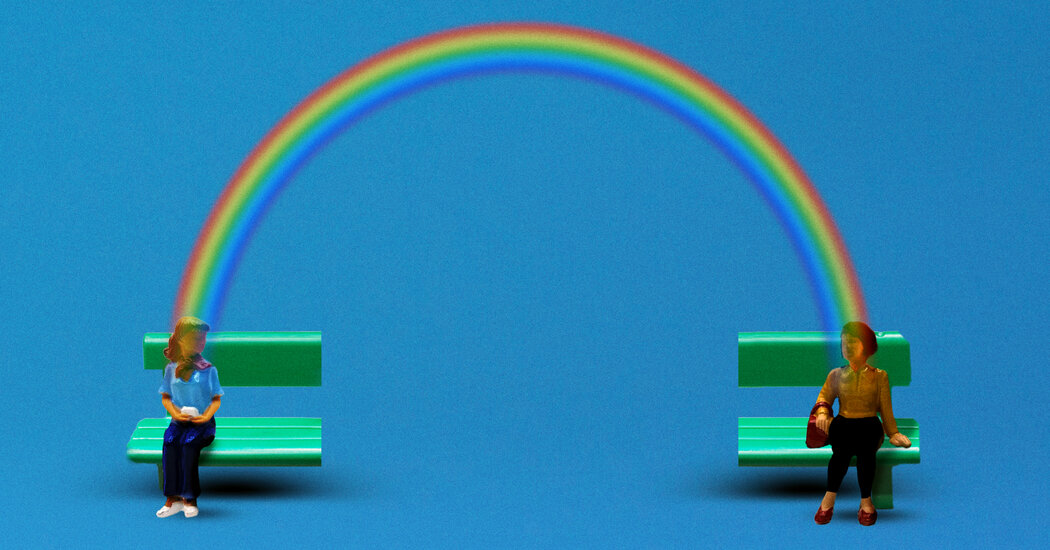Experts share strategies for connecting that actually work.
My sister Dinah recently told me about an unusual way that she made friends after her divorce. Her youngest was starting her college search, and Dinah was nostalgic for when her children were small. So she started babysitting for a family with toddlers.
“I have this lovely family in my life,” she said. “I also talk with parents at school pickups, just like I did with my kids. It’s a whole new circle of people I’d never normally meet.”
Many of us crave more friendship and community, and stacks of evidence show how important these are to our health. But it can be hard to know where to begin. So, I asked experts what actually works.
Start with an exercise.
Danielle Bayard Jackson, a friendship coach and the author of “Fighting for Our Friendships,” has clients start by listing as many answers as they can think of to this prompt: “I am _____.”
A small portion of the answers I might fill in would be: a mom, a gardener, a baker, a book lover.
Then Jackson asks her clients if they are plugged into communities that reflect those parts of their identities. If not, she said, now they know where to focus their energies, whether it’s on those who share their faith, their love of art or their cultural background.
Become a regular.
The more you show up somewhere people gather — a class, a park — the more opportunities there are to create a connection, said Jeffrey Hall, a professor of communication studies at the University of Kansas.
